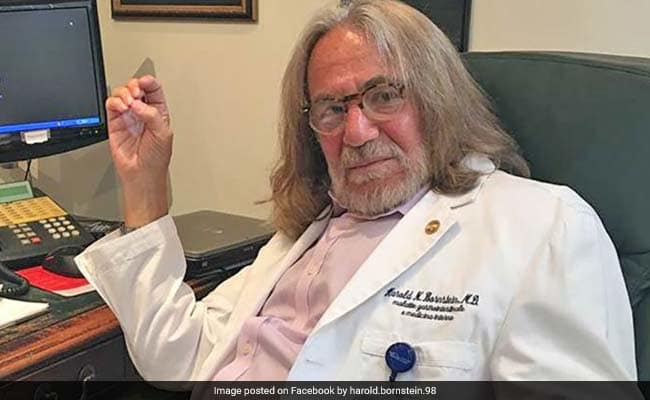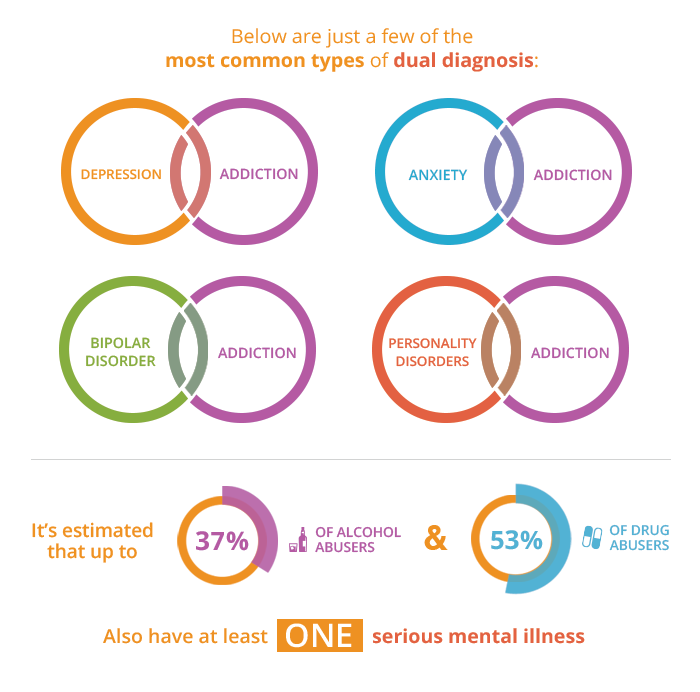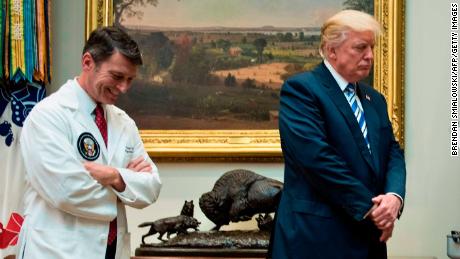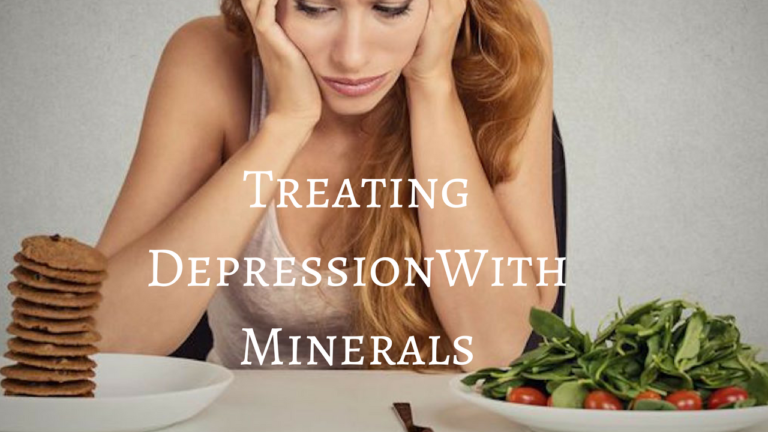 I believe our President, has a drug problem. Specifically, I believe our President is addicted to prescription drugs, and that this is a global crisis that we need to talk about.
I believe our President, has a drug problem. Specifically, I believe our President is addicted to prescription drugs, and that this is a global crisis that we need to talk about.
Furthermore, I believe that many of the President’s handlers are aware of his addiction, and are actively working to prevent the American people from finding out about it or are choosing to ignore it.
I say this, understanding that I have only circumstantial evidence to support my claims. And that I lack the authority, or political clout, to do much of anything about it. I hope that I am mistaken, and that, if I am right, the President will receive the medical attention he needs.
That Awful Feeling You Get When You Put The Pieces Together And They Spell “Addict”.
I came to this realization a few days ago, as I watched, along with many other Americans, the President’s increasingly erratic and emotionally unstable behavior, which has only grown steadily worse over the last few months.
And while many experts have pointed to aging, or the persistent Russia investigation, as the cause for Mr. Trump’s mental decline, I would argue that his behavior predates the Mueller probe, or his senior years even, and is far more characteristic of prescription drug abuse—coupled with a dual diagnosis of narcissistic personality disorder and Attention Deficit Hyperactivity Disorder (ADHD). This dual diagnosis is important to note, as it gives us a clue into some of the types of medications that Mr. Trump may have been prescribed and grown addicted to.
 When It Looks Like An Addiction and It Spells Addiction
When It Looks Like An Addiction and It Spells Addiction
I have come to believe that, like many Americans, the President has become another victim of what has become a national crisis: We are a nation addicted to prescription drugs. Specifically, we are a nation addicted to amphetamines, sleeping pills, anti-anxiety medications, anti-depressants, and pain-killers.
Earlier in this year, Mr. Trump’s personal doctor, Harold N. Bornstein, claimed that his offices had been raided by Keith Schiller, Mr. Trump’s long-time personal bodyguard, his personal attorney Alan Garten, and another unnamed man. According to Bornstein, prior to the raid, he had fallen out of favor with Mr. Trump, after admitting that the President was taking a medication to prevent hair loss.
Bornstein had decided to go public with his claims after the former White House physician, Ronny L. Jackson, was publicly accused of creating a hostile work environment, drinking heavily, and doling out sleeping pills. Why an investigation into Ronny L. Jackson, should prompt Mr. Bornstein to go public about the raid remains a mystery. I would argue, that the raid on Bornstein’s offices is suggestive of a concerted effort on the part of Mr. Trump to hide his medical history—specifically a history of addictive prescription drugs.
 Prescription Drug Addiction In The Patient With A Duel Diagnosis
Prescription Drug Addiction In The Patient With A Duel Diagnosis
While many people in the medical profession have openly discussed Mr. Trump’s erratic behavior, most have suggested that the cause is likely due to stress, and a mental decline associated with age-related illness. And while I think there is quite a bit of validity to those observations, I would also argue that his behavior is far more indicative of a prescription drug addiction. Specifically, I would argue that his behavior is demonstrative of what healthcare providers would call a “dual diagnosis”.
A dual diagnosis is the term health care providers use to describe someone with an existing psychiatric diagnosis; who, also suffers from a drug addiction.
And for many Americans, their initial foray into drug experimentation, and addiction, often begins with an initial visit, and a prescription, by a well-meaning doctor—to treat one of a dozen common medical ailments.
Some of the most common duel diagnosis we see fall into the category of personality disorders like antisocial personality disorder, and narcissistic personality disorder. We also see a great deal of addiction in people who have been diagnosed with ADHD, depression, and anxiety.
 Who is at Risk of Developing a Prescription Drug Addiction?
Who is at Risk of Developing a Prescription Drug Addiction?
Of the many types of prescription drug addictions I have treated in my practice, I would say that addictions to amphetamines top the list. This is because amphetamines, commonly referred to as “speed”, are routinely prescribed to treat ADHD. A common diagnosis in young students who have trouble with focus and impulse control.
People at risk for developing an addiction to amphetamines are often type-A personalities; who often enjoy the increase in energy and optimism they experience when on the drug. And in fact, many people have used amphetamines in order to stay alert and awake when working long hours. Speed is an incredibly popular prescription drug addiction among athletes and high-performance individuals; namely, because it allows them to work longer hours without fatigue, but also acts as an antidepressant.
As a street drug, like cocaine, amphetamines are often used by people who suffer from depression, low self-esteem, ADHD, and personality disorders—to create feelings of confidence and personal control.
Unfortunately, amphetamines are also highly addictive, can cause insomnia, erratic behavior, violent outburst, and paranoia. If the President does suffer from ADHD, he most certainly would have been prescribed this type of medication as a treatment. Examples of amphetamines used to treat ADHD include Adderall (amphetamine and dextroamphetamine), Ritalin (methylphenidate), and Dexedrine.
And because this type of medication is prescribed by physicians all the time to treat ADHD, it is highly unlikely that anyone in the medical community would say anything about it.
The point here is this if the behavior we are witnessing is partially due to the side effects of prescription drugs, prescribed to treat an existing condition, prescribed because that is the standard of care, who in the medical community will have the courage to say anything about it? I would suggest that it is highly unlikely that they will, it is improbable. And their silence is extremely dangerous for the nation.
Secondary Medications Are Prescribed To Treat The Side Effects Caused By The Primary Medication.
In people who suffer from the side effects brought on by taking amphetamines, secondary medications may also be prescribed. That’s right, you read that properly. Secondary medications are given in order to treat the side effects of the initial treatment.
In the case of insomnia, a common side effect of amphetamines, sleeping pills, like Ambian (zolpidem tartrate), are sometimes given. This is the medication that the White House physician, Ronny L. Jackson, was accused of doling out indiscriminately, and for which he is currently under investigation by the Pentagon.
Common Prescription Drug Addictions In Seniors
Another common prescription drug addiction we see, often in seniors, is muscle relaxers (benzodiazepines), and painkillers (opioids). The risk of addiction to these types of medications may actually increase as we age. Namely, because chronic pain management is a major focus of healthcare in seniors.
In the case of benzodiazepines, prescriptions may be given to aid in sleep, relax sore muscles, and alleviate anxiety: a common problem seen in public figures. Unfortunately, benzodiazepines are highly addictive, and dangerous – when mixed with other medications or alcohol.
Benzodiazepines were responsible for the accidental overdose of the actor Heath Ledger. In addition to being highly addictive, benzodiazepines also come with side effects like foggy thinking, disorientation, dry mouth and slurring of words. All symptoms we have seen the President display during his speeches.
The President Can’t Be An Addict Because He Does Not Drink And His Doctor Prescribed It!
Mr. Trump has pointed out that he does not drink, or take drugs. And therefore, the risk of an overdose, initiated by mixing alcohol and prescription drugs, is unlikely.
The President does not drink because his brother Fred Trump Jr. suffered from alcoholism, and died from the complications of that disease.
I would point out two facts here. First, alcoholism and drug addiction have a genetic component. Meaning, that people who come from families where a parent or sibling suffers from addiction—are at greater risk of developing an addiction themselves. And so, the fact that Mr. Trump had a sibling that died from an addiction to alcohol is noteworthy here.
I would also point out that there is a strong comorbidity found between personality disorders and addiction. In fact, according to Carlton Erickson, (a leading expert in addiction studies), the correlation between personality disorders, and the risk of developing an addiction to drugs or alcohol is greater than 50%.
The Symptoms of An Addiction Becoming Worse
One problem with addictions is that, if they are not treated, they often become worse rather than better. Addiction may worsen if the addict is under an increased level of stress, has developed a tolerance to the medication. Or, he is facing other medical challenges.
Some of the signs and symptoms of a worsening drug addiction would include, an increase in erratic behavior, violent outburst, paranoia, insomnia, hypervigilance, mood changes, mood swings, forgetfulness, slurring of words, disheveled appearance, stumbling and or an abnormal gait—all of which we have seen demonstrated by this President since he has taken office.
And the symptoms appear to be getting worse. Calling the President “crazy” is an observation of erratic behavior, but it does not address the cause. I would argue that part of the cause is an addiction to prescription drugs.
Where Do We Go From Here?
While I am not suggesting that all of Mr. Trump’s problems are due to an addiction, I do believe that his behavior suggests that an addiction may be at least partly responsible. And I firmly believe that that real possibility needs to be part of the national discussion.
If we do have a president that suffers from an addiction, I hope that the people around him, (who are in the position to do something about it) can confront the problem head-on. And, I hope that the President is able to receive the medical attention he needs—for his own health, and for the health and safety of the nation. Starting the conversation is the pathway to treatment and the beginning of recovery.
Works Cited
Erickson, Carlton A, The Science of Addiction
https://www.townandcountrymag.com/society/politics/a13098008/fred-trump-jr-addiction-history/
Fred Trump Jr. Addiction History
https://www.townandcountrymag.com/society/politics/a13098008/fred-trump-jr-addiction-history/
Trump’s Doctor Harold Bornstein
https://www.nytimes.com/2018/05/01/us/politics/trump-doctor-harold-bornstein.html


Kevin S Christie
21 Jul 2020I dated a woman that owned a very nice home, had a job through the Vista, CA school system working with CP kids, and had raised her disabled son on her own, who at that time worked in the L.A. film industry. Despite these effective smokescreens, she couldn’t sleep, was manic on the upside a lot of the time, and she exhibited exaggerated views and undue attachment to the son who would drop-into her world on weekends. She had mostly gay and lesbian friends and seemed to think that this displayed her as an open and liberated individual. I immediately suspected drug addiction after she confided to me that her “ex” had stashed guns and meth in her attic during their marriage. I casually prodded her about the insomnia but she always blew it off as non-consequential. However, when I got up one Saturday morning, she was running all over the kitchen, sweating and obsessed. I went outside and had to pass through the family room wherein were her son, down from L.A., and three other, I would say, geezed-up young guys and they all looked strung-out. The woman came outside, and, dragging her shirt sleeve across and under her nose, sniffed inwards heavily and hurriedly blurted-out, “Gee, if you didn’t know better, you’d thing I had a cocaine habit!” I told her later that we were through for the reason that I couldn’t fully tell if she was on coke or not, but she acted like she was and that was all that mattered, to me. These and other affectations betray them (those addicted to drugs) every time. I agree with your qualified assessment of Donald Trump. I don’t need to read his mail. He acts like it, so he probably is and that is a dangerous commentary, especially being about the “Commander-in-Chief” of the Armed Forces of the U.S.